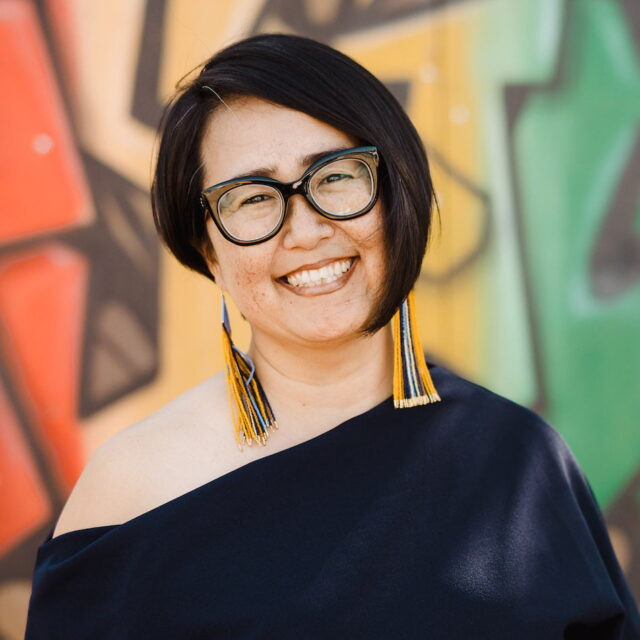Oakland’s Hills and Flatland areas are distinguishable by more than just geographic location. They are also representative of the city’s income inequality that is replicated as political inequality. The majority of the money raised by candidates in local elections comes from an extremely small segment of Oakland’s population – residents who tend to live in the Hills and are disproportionately older, richer, and whiter than the rest of the people. There is far less disposable income with which to support candidates in the Flatlands, home to predominantly working class communities and communities of color. As a result, even candidates seeking to represent Flatlands districts are forced to fundraise in the Hills, and are consequently influenced more by the positions of a wealthy few than by the voices of their many constituents.
Committed to a shared goal of democratizing campaign fundraising in Oakland and ensuring candidates are meeting with and listening to all of the city’s communities, a group of seven statewide and local organizations and collaboratives formed a core coalition, with a larger network of endorsing organizations pledging their support. The coalition called Oakland Fair Elections, which includes Piper Fund grantees California Common Cause and Oakland Rising, sought to enact reform in Oakland similar to the pioneering democracy voucher program passed in Seattle in 2015, which has since resulted in a steady growth in the number and diversity of donors and candidates and has driven voter participation. Calling Oakland’s version “Democracy Dollars,” the coalition worked to advance a ballot initiative to create a public campaign financing program that disperses $100 in Democracy Dollar vouchers to Oakland residents who can then assign the Dollars to the candidate of their choice. Each member of the coalition leaned into what they uniquely brought to the table to support the effort, from fundraising to community outreach to thousands of voters in the Flatlands to drafting the measure and working with the Oakland City Council to get it on the ballot in November 2022.
The Oakland Fair Election Act, the official name for the Democracy Dollars measure, passed by 74% on the November ballot. Due to Oakland’s current budget deficit, it may not be funded in the city’s next two-year budget, but the public campaign finance reform will eventually be implemented. Meanwhile, building off of the momentum in Oakland, similar efforts are being explored in San Jose and San Diego, which could help open the door to an attempt at statewide reform in the coming years. Leaders from California Common Cause and Oakland Rising say the support of Piper Fund was immensely important to their ultimate success.

